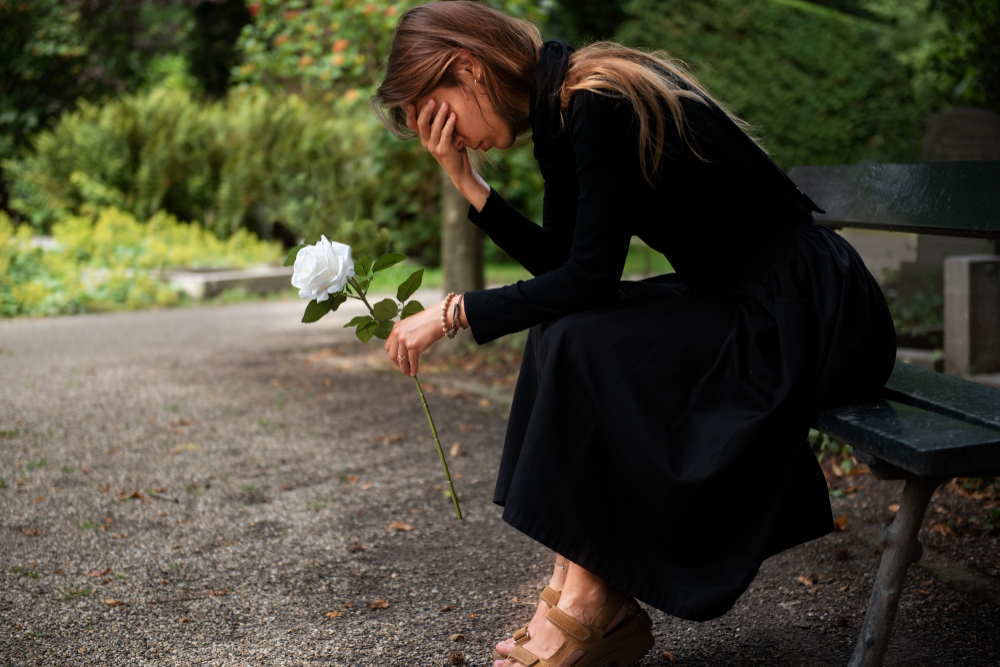By: Laura Ott, LCSW PLLC, Ott Counseling & Consulting, LLC
Grieving a loss is a journey often riddled with sorrow and loneliness. No one is immune from the experience of grief. As long as we have the capacity to love, care, wish, and want, we also have the capacity to grieve and feel pain, abandonment, separation, and loss. Loss can be exceptionally difficult when in American culture, grief is reserved for death exclusively. Often support is plentiful initially, but fades quickly as life goes back to “normal.” Dependent on your relationship with the deceased, you may be entitled to a few measly days off or bereavement time to attend funerals, memorial services, wakes, or events surrounding the loss. The reality is, if you have the ability to take a few days off from your typical schedule (which many people cannot) that is the best case. The reality for many people is that they do not process grief during these times. These events can feel like formalities.
Here are a few facts and tips for coping with grief and loss:
1. Grief is not exclusive to the death of a loved one. We can experience grief related to relationships ending, job changes, relocation, and even our expectations not becoming reality. Acknowledging that you may
be grieving any loss experience is crucial to
moving forward.
2. When we experience loss, guilt is typically never far behind. We struggle with the existence of contentment, joy, playfulness, and having fun in the face of loss. It is important to understand and remind yourself regularly that emotions can coexist. You can feel joy and sadness simultaneously. Joy does not replace feelings of loss, but it can sit next to it. Acknowledging the coexisting emotions can help mitigate feelings of guilt and open the door to acceptance.
3. Grief does not get smaller with time. There are no predetermined time frames for loss. What is helpful to remember is that while grief does not shrink, your world will grow around it and expand so it is a part of you, but does not always feel like the center of your world.
4. When we don’t make room for processing grief, we often fill the space it should be occupying with other maladaptive responses such as drinking, drugging, overworking, overeating, etc.). If it is a challenge to make time to feel and experience the emotions of loss in your day-to-day life, consider making time regularly for therapy, support groups, conversations with loved ones specifically centered in the loss, journaling, or reflection. Allowing yourself time to acknowledge the feelings can help you feel in control.
Exploring grief and its relationship to health and wellness is fitting in August especially: the month that houses Grief Awareness Day. Don’t hesitate to look into the community or virtual resources to help you on your journey. If you are or have experienced grief, know that means you’ve experienced love.

